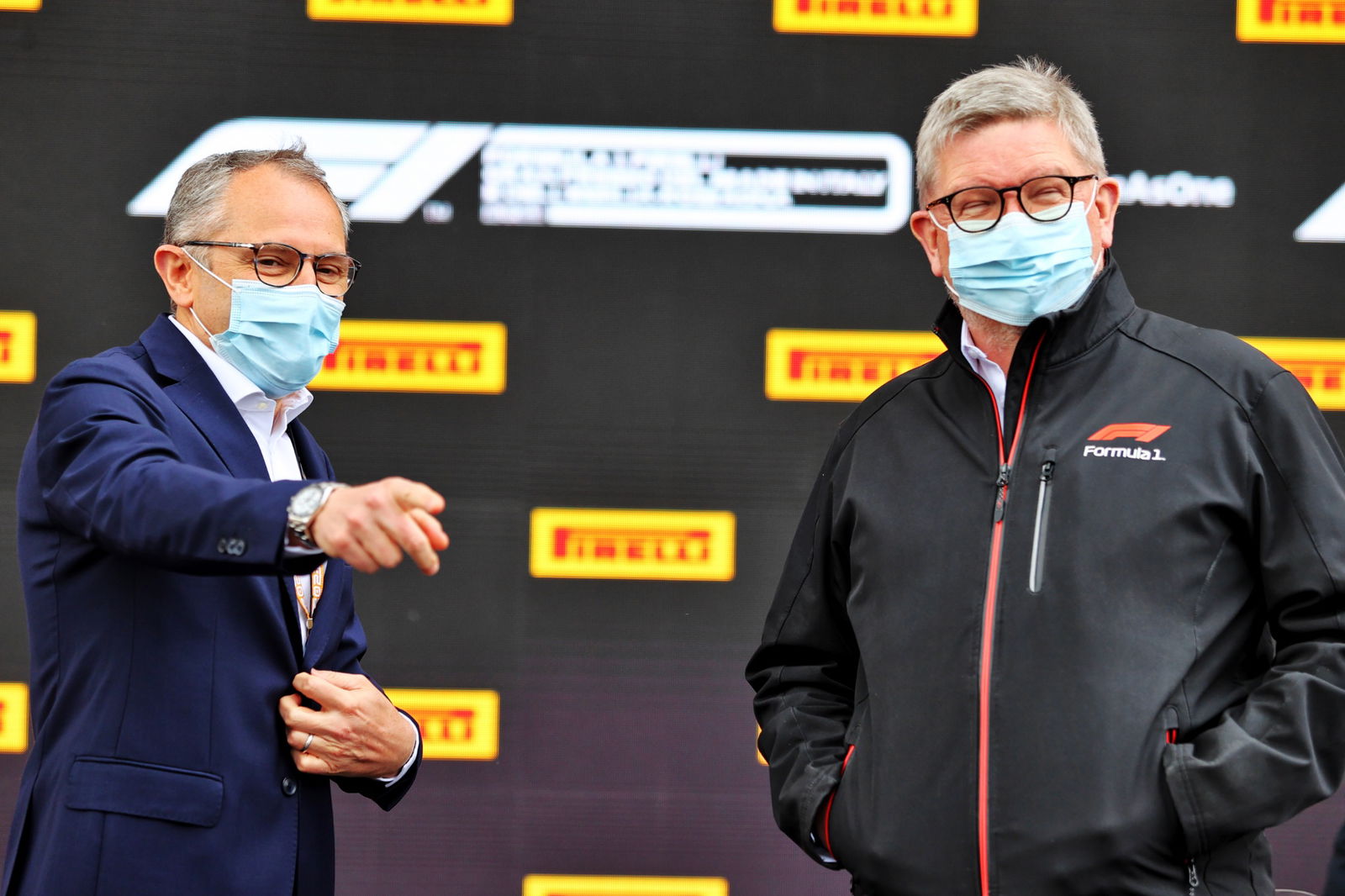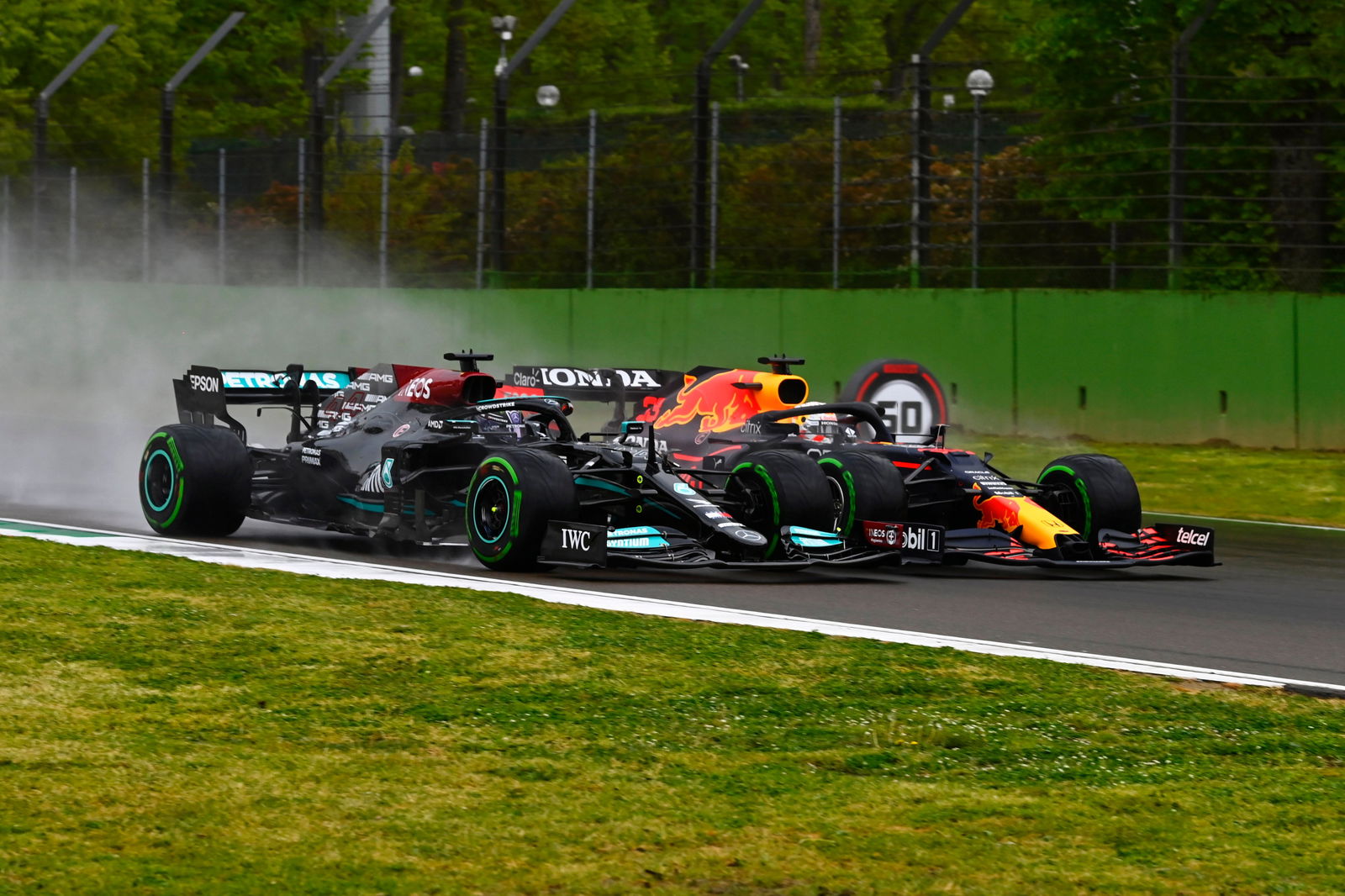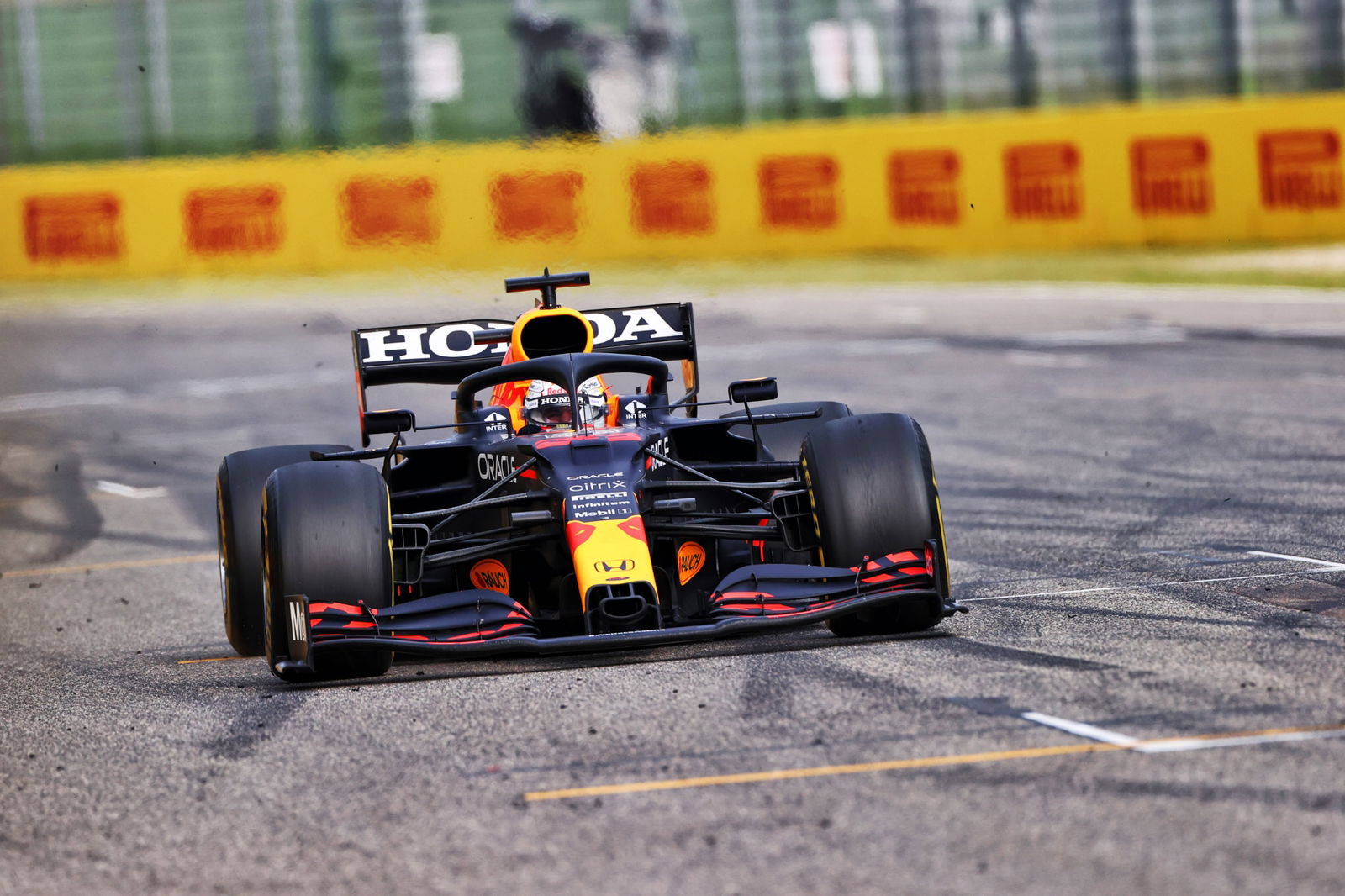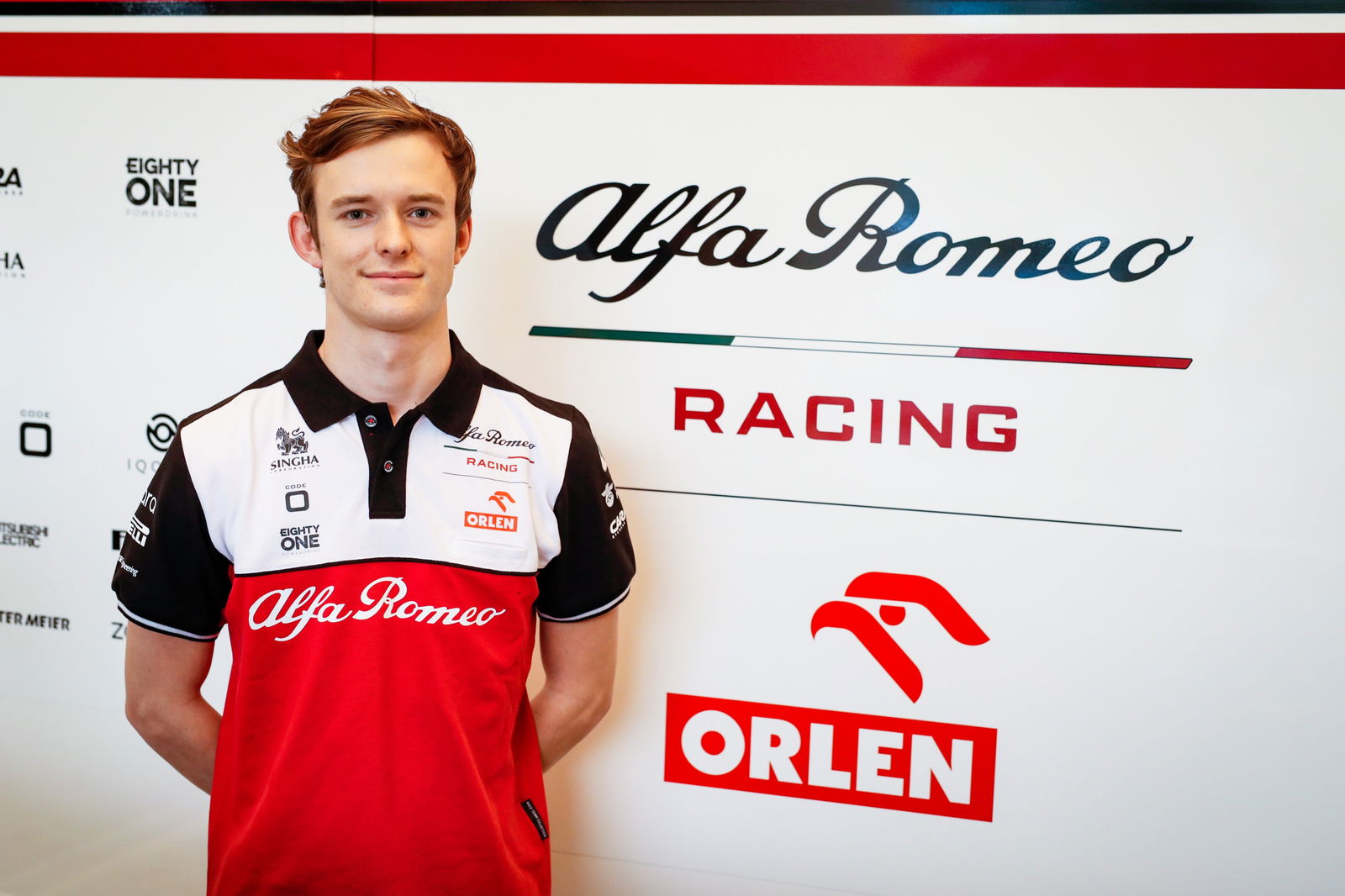Crash debates: Will F1’s Sprint Qualifying races be a success?

After much deliberation, Formula 1 has finally got the green light to trial Sprint Qualifying races this season.
Following the unanimous agreement between the teams, F1 and the FIA in an e-vote held during Monday’s meeting of the F1 Commission, the format of the F1 race weekend will dramatically be altered at three select events this year.
At the three yet-to-be-determined rounds, a 100km sprint race to determine the grid for Sunday’s grand prix will take place on Saturday, with the traditional 60-minute qualifying moving back to Friday afternoon.
F1 hopes the shortened race will add to the spectacle and increase entertainment value across the race weekend as it evaluates whether to roll the plan over into 2022 and beyond.
But is it needed and will it prove to be a hit? Here’s the verdict from our F1 team…
For - There’s little to lose from giving it a go
There is shared agreement among the teams, F1 and the FIA that the 2021 season represents the best opportunity to experiment before sweeping regulation changes come into effect next year. There simply won’t be a better time to try new things.
Extra competitive racing will boost the spectacle for fans across the weekend, while the promoters and TV broadcasters will also benefit from having an extra slice of entertainment, which comes only at the expense of sacrificing an hour of practice - something fans and drivers alike are not exactly against limiting. An earlier qualifying session held on Friday - following just a single hour of practice time - could also open the door for more unexpected results.
Similarly, the short and fast-paced spectacle of a Saturday race increases the potential for drama which in turn could have interesting implications for Sunday. And these races will only take place at circuits that are renowned for creating good racing and where there are overtaking opportunities aplenty.
“I’m not sure this format would be as successful at Monaco,” explained F1 chief Ross Brawn. “We’re considering these weekends being Grand Slam events, spread through the season, so it is something different.
“I don’t think it’ll go to the whole season, I think it’ll be a limited number of races, but that is to be decided.”

Importantly, the Sprint Qualifying format has been specifically designed to not diminish the importance of the main grand prix. While drivers will still receive a trophy in parc ferme for a win, the official podium ceremony will be reserved for Sunday, as will other traditional pre-race events.
There’s also an argument that in today’s modern era of TikTok domination and shorter content being king, F1 could succeed in winning over a new, younger fanbase that would perhaps be more inclined to watch a 30-minute race over a near-two-hour event.
It’s only for three races so let’s try it and reserve judgement until afterwards. After all, if it doesn’t work it’ll be dropped for 2022 and we can forget about it as quickly as the farce that was elimination qualifying. No harm done.
Lewis Larkam
Against - An unnecessary gimmick that risks the show
Not only does sprint qualifying go against F1’s tradition and values, it also doesn’t add too much excitement or variation to race weekends.
Based on a normal qualifying session in 2021, the front of the grid for the sprint race will consist of Max Verstappen, Lewis Hamilton and Valtteri Bottas. With overtaking so difficult in the modern era, the winner of the sprint race will ultimately be decided off the start.
The new format also reduces the value and thrill of the 60-minute qualifying session. Qualifying itself has been one of the best aspects of the season so far with the top eight at Imola separated by just 0.4s, making it the closest Q3 session since 2012.
With qualifying being moved to a Friday, people are at work, school and so on, they will be more likely to miss it. Instead, they are being lumped with a 100km sprint race on a Saturday afternoon.
No pit stops and little overtaking given the difficulties cars have passing in the modern era - Saturday’s sprint races are likely to be a snooze fest, especially at the front of the field.
It also has the potential to ruin potential fights at the front for Sunday's main grand prix should any of the leaders hit problems during the sprint race or sustain damage.

Conversely, a poor qualifying would give them time to recover and gain a better grid position for the main race on a Sunday - another example of the sprint race resulting in less potential action for Sunday's grand prix.
The new format is set to be trialled at Silverstone and Monza - based on last year’s British Grand Prix, at Silverstone the sprint race will be 17 laps long (approximately 29 minutes of action) - meaning it’s not value for money for the British fans potentially attending in July, especially as there's one less practice session as well.
With the F1 title battle finely poised between Hamilton and Verstappen already, it could risk unintentionally damaging what is shaping up to be a classic title fight with artificial variety that is not needed given that it is already close this season.
The new 2022 regulations will hopefully fix F1's wider issues - not gimmicky format changes.
It's difficult to see how sprint qualifying will make F1 more attractive to the outside world but also appease its current fanbase.
Connor McDonagh
Are you are a fan of F1’s Sprint Qualifying proposal and do you think it will be a success or failure? Let us know your thoughts in the comments below…


